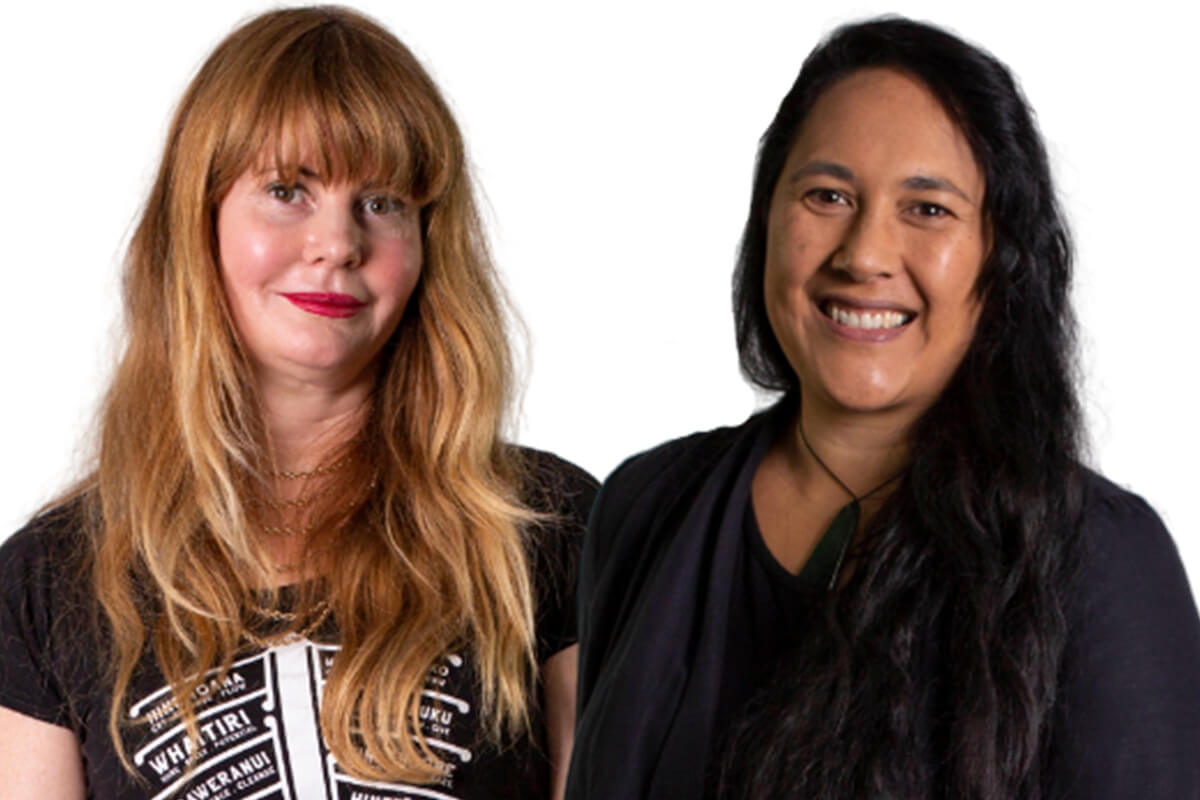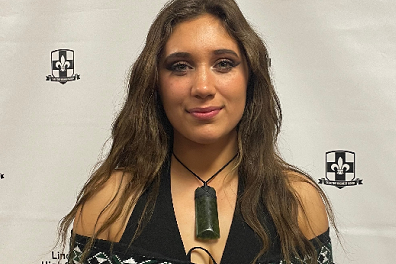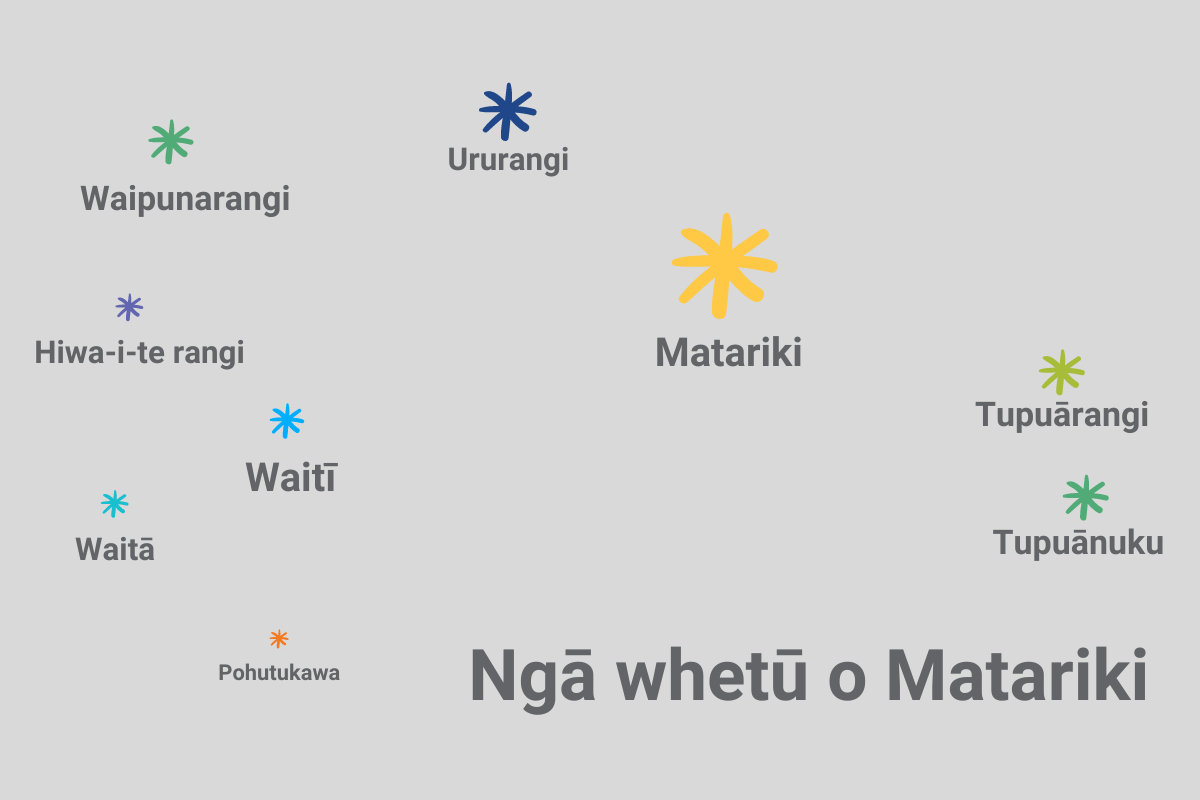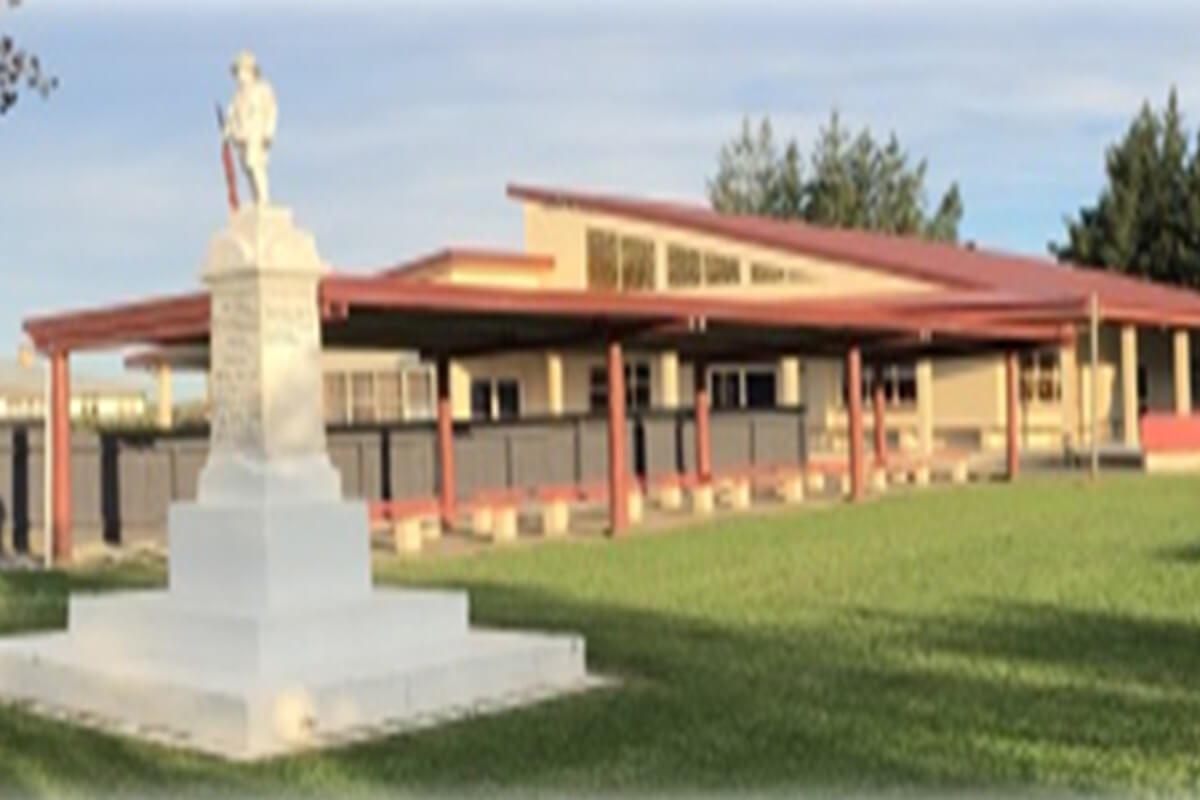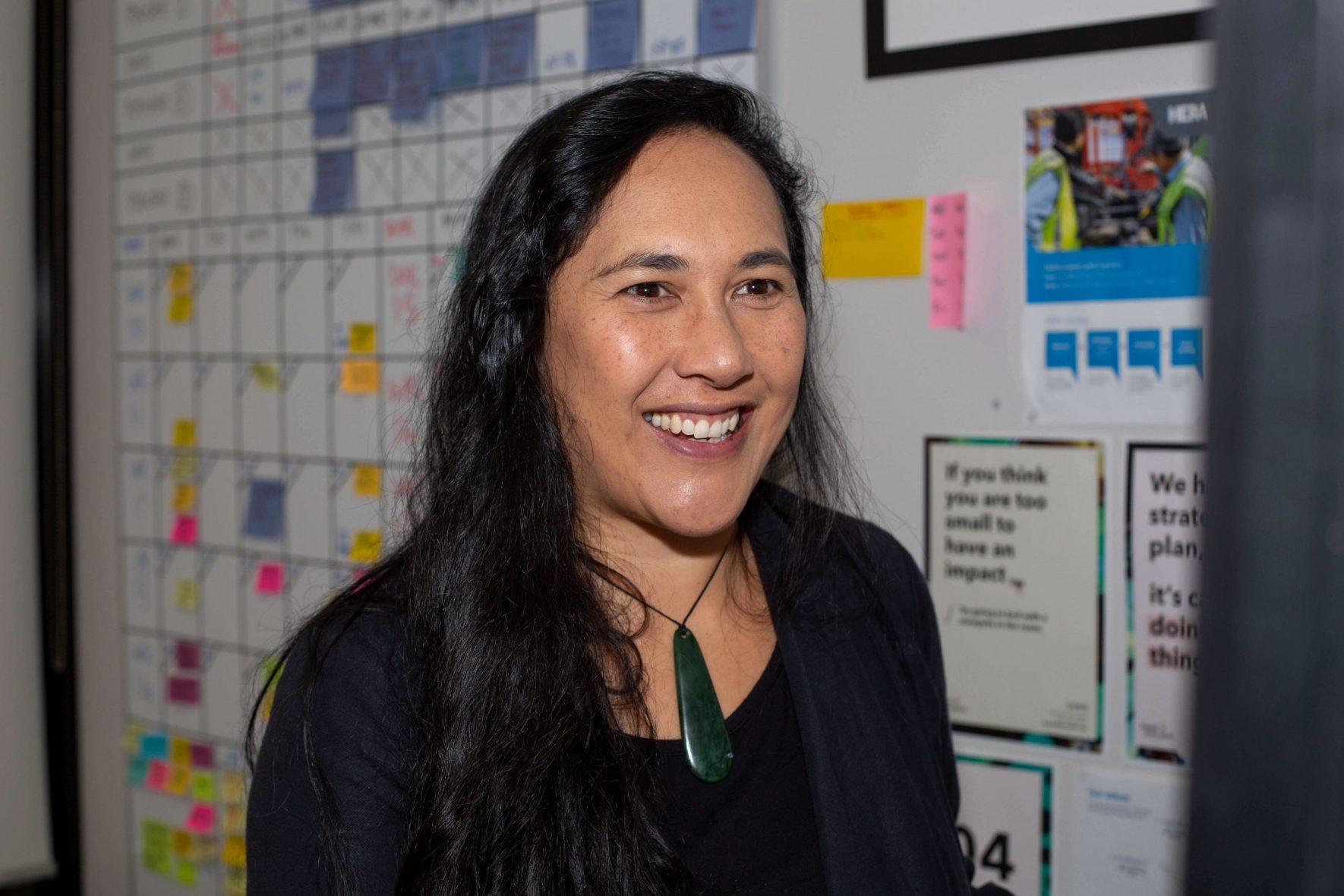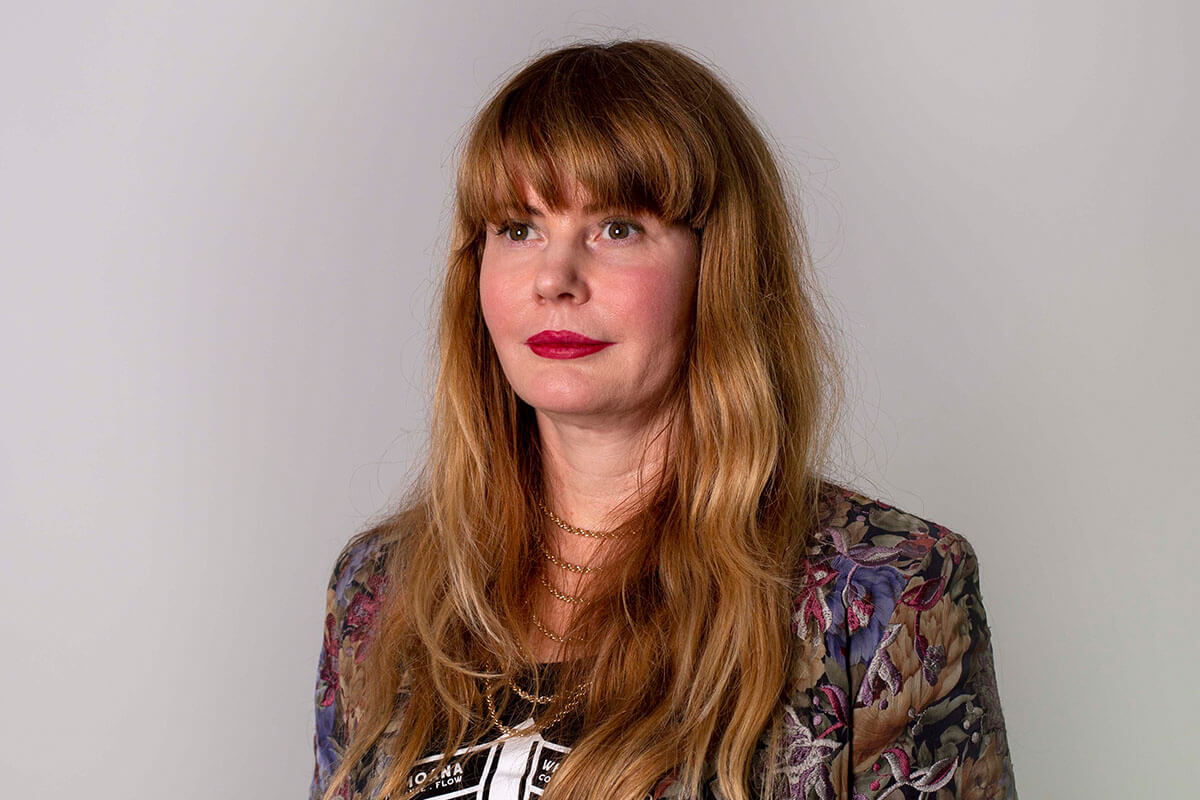Mātauranga Māori is a living resource. A body of knowledge that has been accumulated over time and develops and grows in response to our changing world.
In its simplest form mātauranga Māori uses kawa (cultural practices) and tikanga (cultural principles) to examine and understand the world. It is a distinctive view of relationship between people and environment and draws from three baskets of knowledge:
- Te Kete Tuāuri (ritual knowledge);
- Te Kete Tuāutea (eternal knowledge); and
- Te Kete Aronui (secular knowledge).
Unlocking the potential of this knowledge base in research and innovation is undoubtedly beneficial, but more crucially, recognises Māori as important partners in shaping the future of Aotearoa.
The unique relationship between Māori and the environment can not be underestimated, and can help make the welfare of our environment part of everyone’s personal journey.
This is because Māori have a deep connection to the physical world around them through their whakapapa, or genealogical origins, evolution and history. This relationship to the natural world comes with deep responsibility and connection not only for the ‘now’ but the ‘500 years from now’. A concept that HERA embraces wholeheartedly in our own vision to secure tomorrows industry by innovating today.
The intersection between Mātauranga Māori and Construction 4.0
We believe Construction 4.0 could benefit from the interface with Mātauranga Māori. This is because the unique epistemology of Mātauranga Māori holds value that is not widely represented in many of the physical, applied and practical sciences within New Zealand.
In this sense, it offers a valuable management tool for design, construction, monitoring, policy and planning perspectives. There is considerable potential within the design of management systems to acknowledge and include matauranga Maori including kaitiakitanga (stewardship), and promotion of mauri (life force/spiritual health).
Achieving inter-connection and data driven decisions that also takes into account mātauranga Māori provides an opportunity to start out with a more inclusive approach… to start out in a new way and with broader thinking than we would typically apply to a new endeavour.
We are very excited to have this opportunity to partner with Pūhoro Charitable Trust and invest in developing new ways of doing research, in partnership. There is certainly a lot of Māori knowledge that is being missed in the typical research process and it is a failure of the prevailing research paradigm that indigenous knowledge is typically under-utilised or unacknowledged.
This is even more important as over 19,000 Māori work in the construction sector, which is the fourth largest employer of Māori following manufacturing, health care and social service, education and training. In addition to this, around one in five Māori who are self-employed work in the construction sector.
